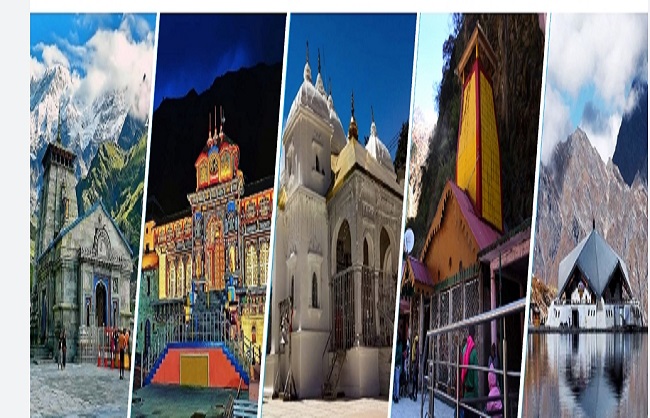Haridwar, June 4: Temple officials in Uttarakhand’s Haridwar, Rishikesh, and Dehradun districts have prohibited pilgrims from entering temples who are not dressed appropriately.
On Sunday, Mahant Ravindra Puri, secretary of the Mahanirvani Panchayati Akhara, announced an official ban on “scantily-clad men and women” entering the Daksh Prajapati Mandir (Haridwar), Tapkeshwar Mahadev Mandir (Dehradun), and Neelkanth Mahadev Mandir (Rishikesh). “Only women with up to 80% of their bodies covered can enter these temples,” added Puri, who is also the head of the Akhil Bharatiya Akhara Parishad.
According to him, the prohibition takes effect immediately at these temples associated with the Mahanirvani Panchayati Akhara. Dashnam Naga seers make up the Mahanirvani Panchayati Akhara.
Puri stated that the prohibition will be extended to all akhara-affiliated temples across the country soon. When asked why the prohibition was necessary, Puri stated, “Sometimes people entering the temples are so skimpily dressed that one feels ashamed to even look at them.”
“The Daksheshwar Mahadev Mandir, also known as the Daksh Prajapati Mandir, is located in Kankhal, Haridwar, and is thought to be the home of Lord Shiva’s in-laws. The temple attracts visitors from all around the world. “Every Monday, the shrine is flooded with worshippers. Today’s youths come to the temple dressed in garb that reflects their complete disregard for its sanctity,” Puri explained. He went on to say that the dress “hurts the religious sentiments of the devout,” who frequently protest to the temple committee.
He stated that the restriction was imposed in response to persistent complaints and warned that anybody who violated the prohibition would face severe consequences. The introduction of the ban has also gained favour among Haridwar’s seers.
“The sanctity of the temples must be preserved, and those who enter their precincts must behave appropriately. The ban is consistent with Sanatan Dharma, according to Katha Vyas (professional storyteller of legendary stories) Madhusudan Shastri.





